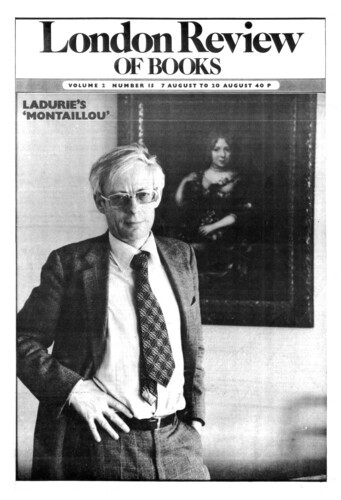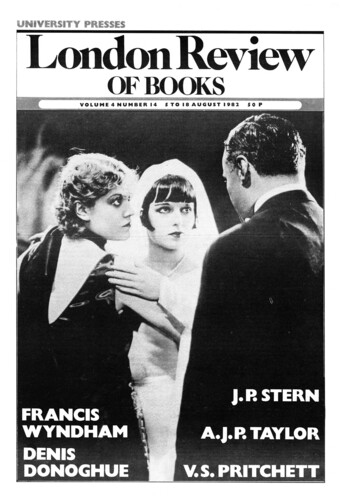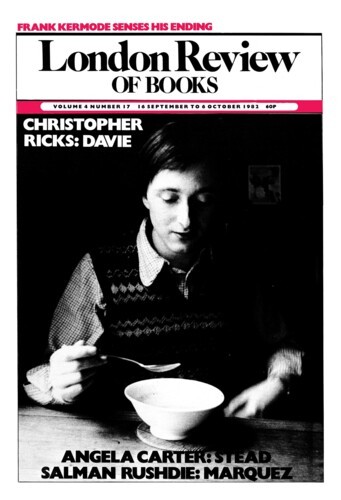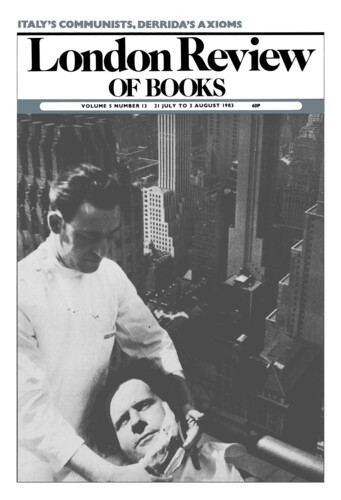Story: ‘The Matljary Diary’
J.P. Stern, 7 August 1980
In the High Tatra Mountains above M., 28.x.1944. Anniversary of the Founding of the Republic. The fifth under German occupation, and we pray it may be the last. We’d been promised reinforcements today, waited all day, at last they came. What a crew – worse than useless. As far as I can tell they are Prague coffee-house Jews, the lot of them. They all speak Czech – of sorts (!). It does seem to have taken them a long time to discover their patriotic vein … Heavens, what specimens! You only have to look at them to see they don’t know one end of a rifle from the other – a game of chess or rummy seems to be the only kind of exercise they’re used to. Still, now they’ve come to join us, we must make some use of them. Better late than never, I suppose.





